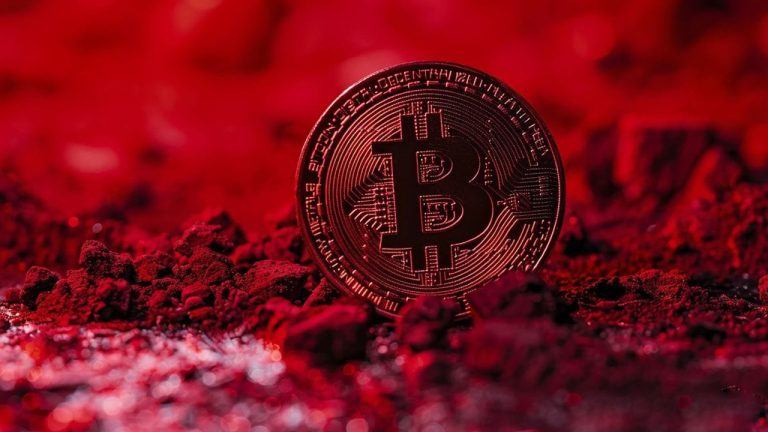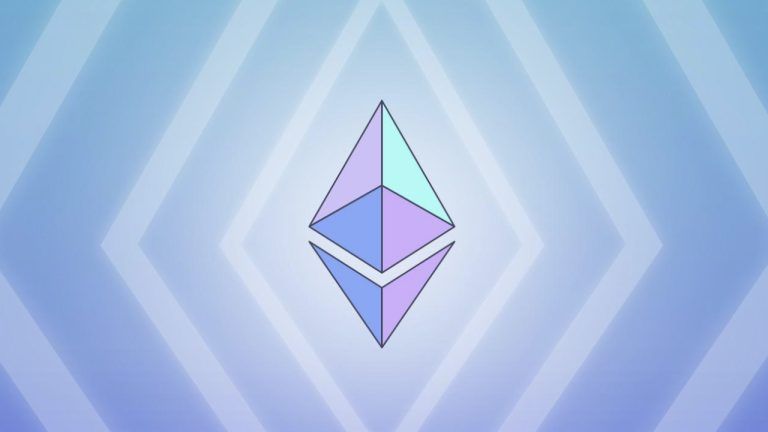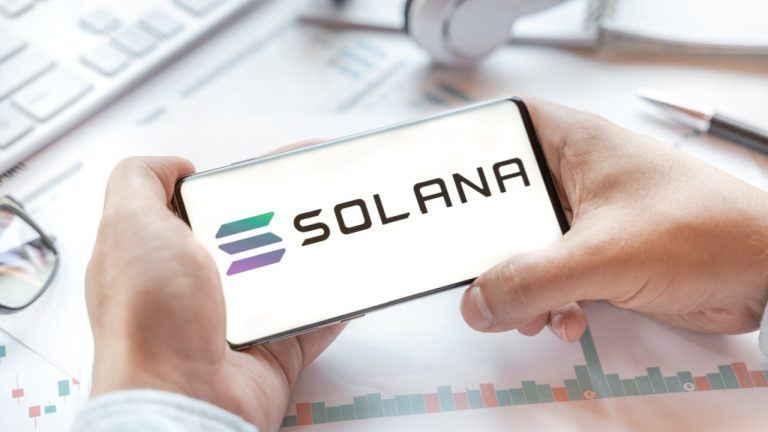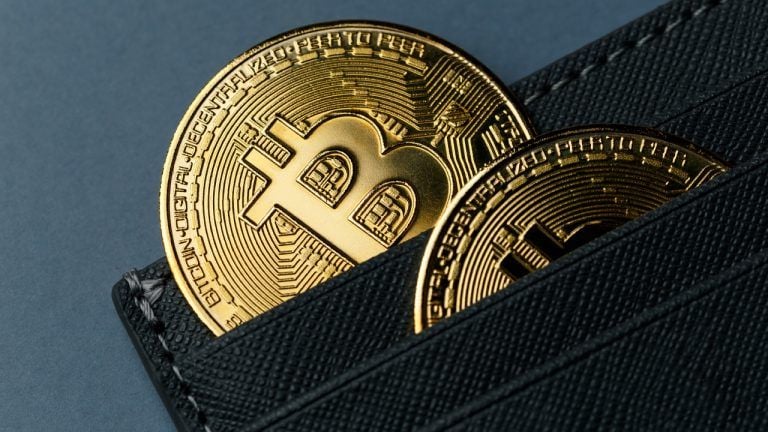 | Cardano employs a so-called multi-asset ledger. Tokens are stored directly in the ledger and treated similarly to ADA coins. No smart contract is needed to mint tokens on Cardano. Issuers must define a minting policy script and sign a specially created mint transaction. To issue tokens on EVM platforms, it is necessary to deploy a smart contract, which is then used for transferring tokens. The token issuer can define support for transaction censorship and token freezing in the contract. Let's explore how the two approaches differ and think about what Cardano should be. TLDR
Regulatory Compliant Stablecoins The issuers of the well-known stablecoins USDT and USDC had to comply with the requirements of regulators in order to be allowed to tokenize USD on blockchain platforms. It's important to note that this has brought huge liquidity to the ecosystem and stablecoins are one of by far the most used tokens. DeFi ecosystems definitely benefit from the ability to use this kind of stablecoins. Unfortunately, and users are not always fully aware of this, this comes at the cost of violating the basic principles of decentralization. See for yourself what the smart contract for Tether USD contains. How is it actually possible to censor transactions on EVM-compatible platforms? When people want to mint fungible tokens on Ethereum, they use standards like ERC-20, ERC-721, or ERC-1155. These standards are essentially smart contracts. Smart contracts define a common list of rules that EVM tokens should adhere to. A customized and deployed smart contract is then used each time tokens move from address to address. A smart contract can define any behavior that EVM will allow and this can be the ability to censor transactions based on a blacklist or freeze an account. The owner may lose the ability to spend or use the tokens in any way. A deployed smart contract can never be stopped or otherwise manipulated by a third party. Ethereum and other EVM-compatible platforms are mostly decentralized at the network level. Token issuers, however, can write whatever they want in smart contracts, including the things described above. People sometimes ask why Cardano doesn't have USDT and USDC. Cardano is unable to censor transactions or freeze an account. All tokens have exactly the same properties as ADA coins. Transfer of tokens is done directly by the protocol through transactions. Cardano has an accounting infrastructure for assets defined in the ledger model and can transfer tokens and NFTs natively. Tokens are stored directly in the ledger similar to ADA coins. No smart contract is needed to mint tokens on Cardano. Issuers must define a minting policy (monetary script) and sign a specially created mint transaction. The rules might specify who (what private key owner) has control over the asset supply through minting and burning. The owner of the private key (issuer) can only burn tokens that he has at his address. It is not possible to affect the existence of tokens at other users' addresses in any way. In other words, the issuer is not able to burn coins remotely or restrict the token owner from signing the transaction and sending the tokens. Once the tokens are minted, Cardano does not need any smart contract to interact with the tokens. All the logic for transmission, transaction fee calculation, etc. happens at the protocol level, similar to sending ADA coins. Owners are always in full control of their tokens and the issuer cannot change that. Cardano stablecoins like DJED, USDA, iUSD are native assets i.e. you have full custody and they can't be frozen. SOURCE: https://cexplorer.io/article/cardano-will-have-stablecoins-without-censorship [link] [comments] |

You can get bonuses upto $100 FREE BONUS when you:
💰 Install these recommended apps:
💲 SocialGood - 100% Crypto Back on Everyday Shopping
💲 xPortal - The DeFi For The Next Billion
💲 CryptoTab Browser - Lightweight, fast, and ready to mine!
💰 Register on these recommended exchanges:
🟡 Binance🟡 Bitfinex🟡 Bitmart🟡 Bittrex🟡 Bitget
🟡 CoinEx🟡 Crypto.com🟡 Gate.io🟡 Huobi🟡 Kucoin.



















Comments